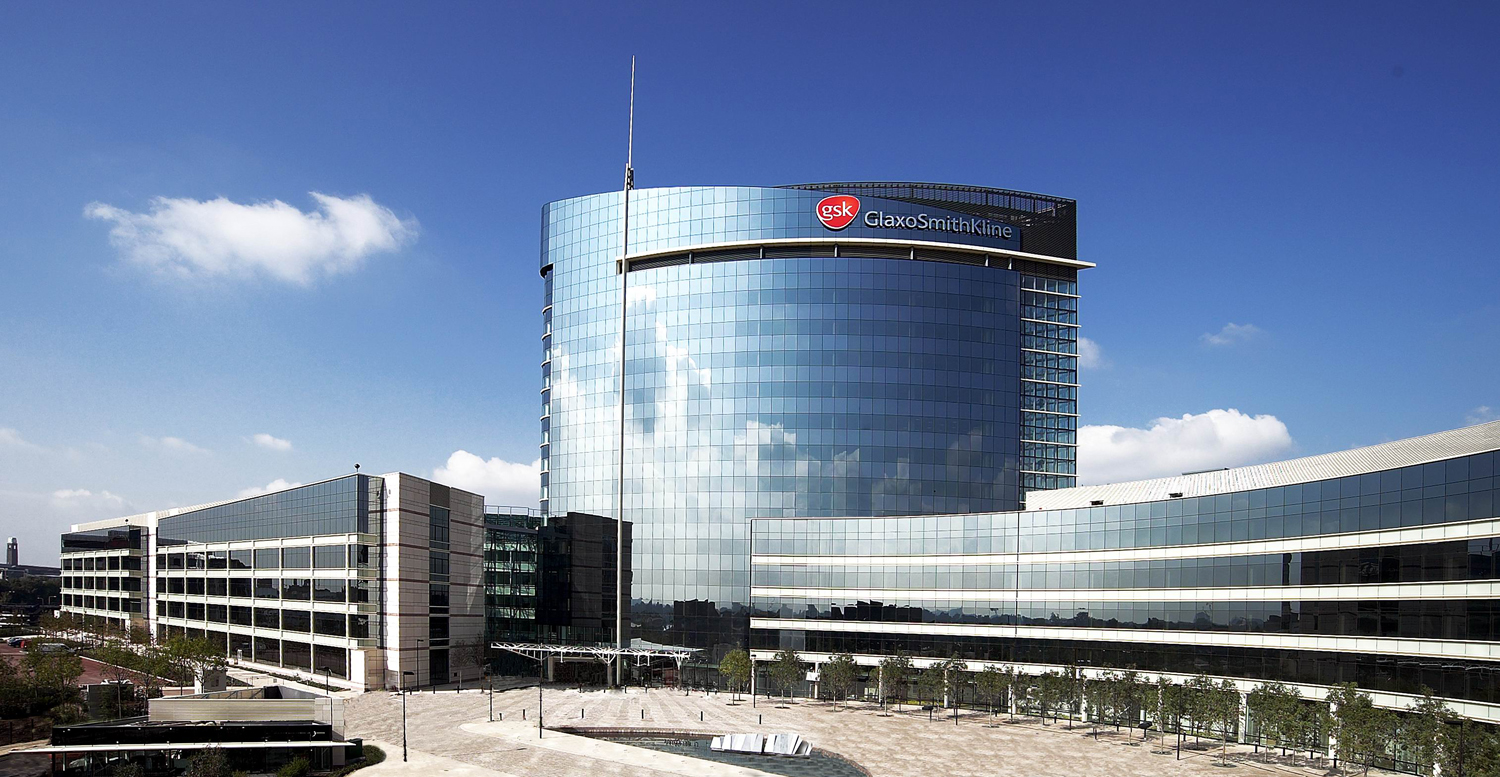Experienced Investor
Bargain shares: six stocks unfairly discounted over virus fears

Stocks have plummeted in recent weeks as coronavirus fears have hit global markets.
Last Thursday in the UK, the FTSE 100 had its worst day since 1987’s Black Monday, plummeting almost 11% and wiping £160bn off the value of the index.
Some companies have been sold off justifiably because they face large headwinds from the effects of coronavirus, but others have been discounted as a result of everything being dragged down in the market panic.
As a result, there are some cheap stocks out there, which experts say could easily bounce back once the pandemic is over.
The key for people looking to buy some of these ‘bargains’ is to identity the brands that can weather the virus storm from those that can’t.
Laura Suter, personal finance analyst at AJ Bell, said: “The big questions to ask are how much the coronavirus crisis will impact the company now and in the future, how stable the business’ finances are, and whether its business model stands it in better stead to weather the current storm, or whether the model is so weak that its prospects are substantially (or even permanently) compromised by a downturn.”
Investors need to do their homework and dig into the underlying financials of a company.
Suter added: “There are common measures of profitability, stability and financial health to look out for such as gross and operating margins, return on equity, return on invested capital, the volatility of revenue and earnings growth, debt, and the strength of cash generation measured by free cash flow.
“Particular red flags are those firms that have lots of debt on their balance sheet and a very cyclical business.”
‘Bargain’ stock picks
Two experts share the stocks they believe have been unfairly discounted.
Laura Suter of AJ Bell…
Halma
“Halma is a great quality business that operates in specific growth markets. The designer of health, safety and environmental electronics equipment provides solid, reliable growth, year after year. Increasing health and safety regulations, demand for healthcare services in developing economies, and demand for life-critical resources allows Halma to achieve profit margins of around 20%.
“Like any company, Halma has been hit hard in the recent volatility. But if we look back to the dotcom boom, we can see that the company’s shares lost more than a third of their value, only to bounce back and recover all of those losses and more before the end of 2000. It was a similar story in the global financial crisis, with the share price dropping to 150p in early 2009 before more than doubling by the end of 2010.”
The share price has fallen 9.64% since the market volatility began on 21 February.
London Stock Exchange
“Whether markets are rising or falling, London Stock Exchange can reliably grow its revenue and profit thanks to transaction volumes both in equity markets and through its London Clearing House operations.
“In addition its FTSE Russell index business continues to grow, with revenue up 10% last year, and the newly-acquired Beyond Ratings business has broadened its environmental, social and governance appeal to bond investors. Assuming the $27bn acquisition of analytics and data firm Refinitiv goes ahead, the deal could transform LSE into the world’s leading financial markets services company and ensure continued growth for many years to come.”
The share price is down 10.5% since 21 February.
Rentokil
“Pest control and hygiene services may be unglamorous but that is exactly what makes Rentokil the kind of stock that allows investors to sleep soundly at night. As the world becomes more urbanised, demand for Rentokil’s services is only going to grow, and the coronavirus outbreak is a perfect demonstration of the need for hygiene in work and public places. The firm reported record revenue growth last year and has profit margins typically 30% higher than the FTSE 100 average – making it a stand-out long-term investment.”
The share price is down 13.2% since 21 February.
Ian Forrest, investment research analyst at The Share Centre…
GlaxoSmithKline
“The global pharmaceutical group which is in the process of dividing in two – one part will be a biopharma company focussed on an R&D approach to develop therapies related to the immune system, use of genetics and new technologies and the other being a leader in consumer healthcare. Its dividend yield is attractive at 5.8%”
The share price is down 15% since 21 February.
National Grid
“It operates the UK’s high-voltage electricity network and the high-pressure gas distribution system. The company also has operations in the US. It has a dividend yield of 5.7% and dividend increases are at least in line with inflation.”
The share price is down 18% since 21 February.
Tesco
“It is the UK’s biggest supermarket group, offers a prospective dividend yield of 4.3% and plans to pay a special dividend relating to the recent £8.2bn sale of its Asian operations.”
The share price is down 14% since 21 February.